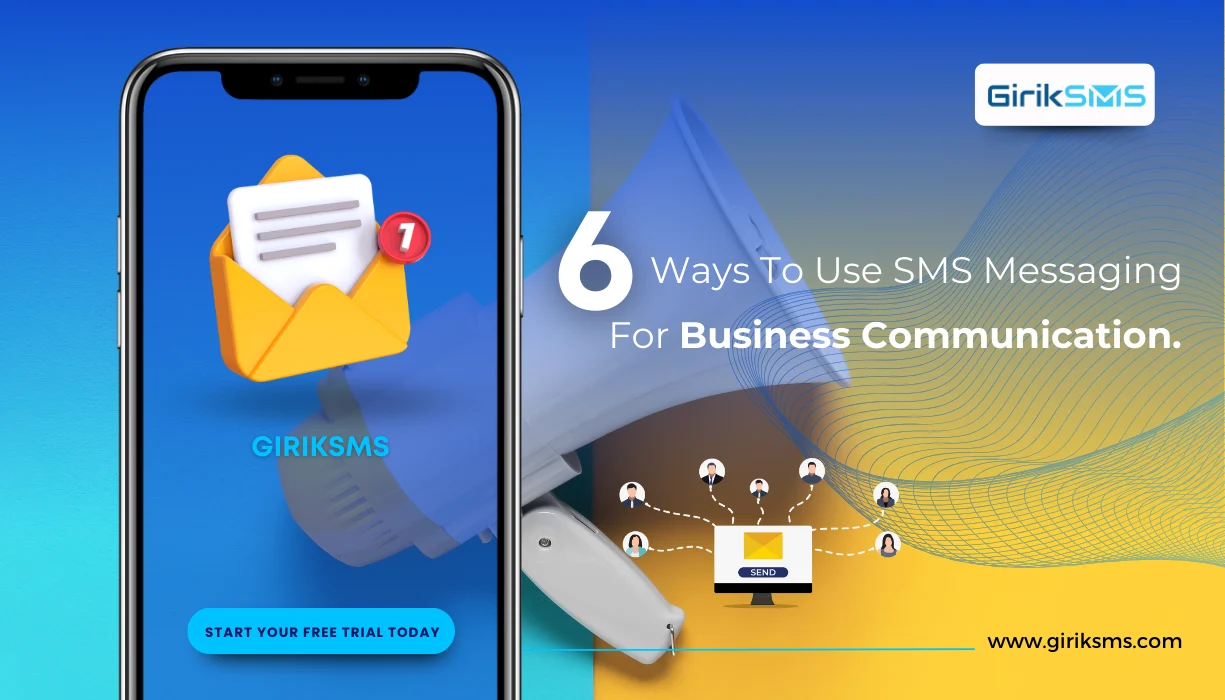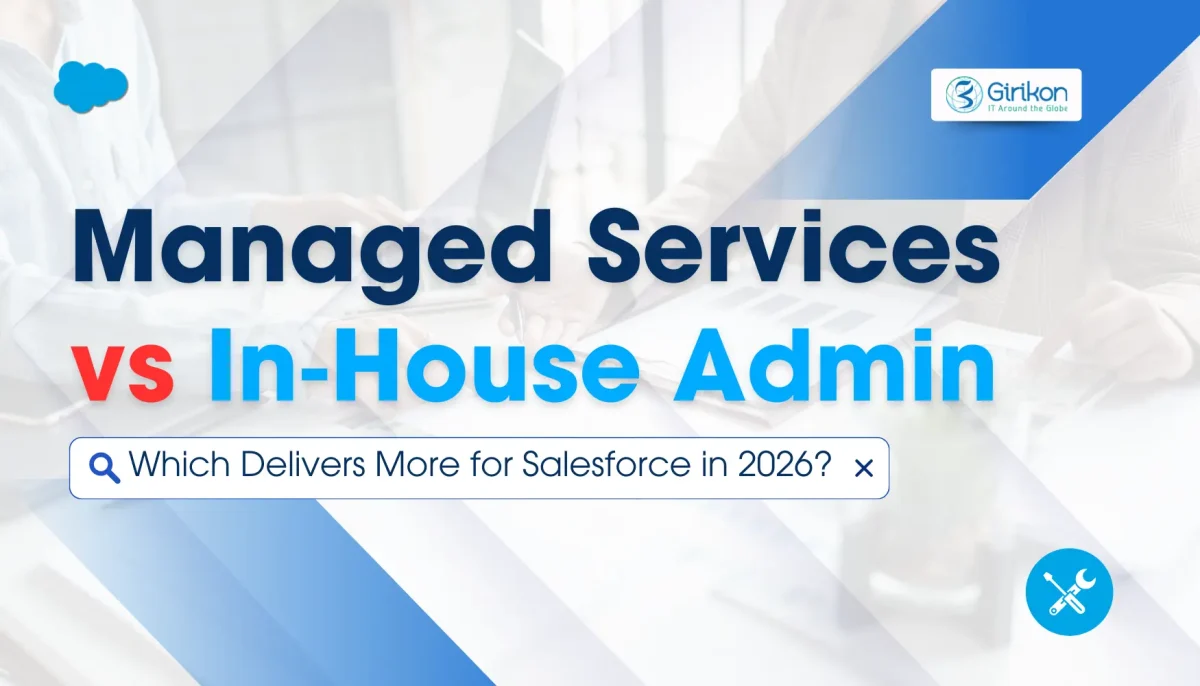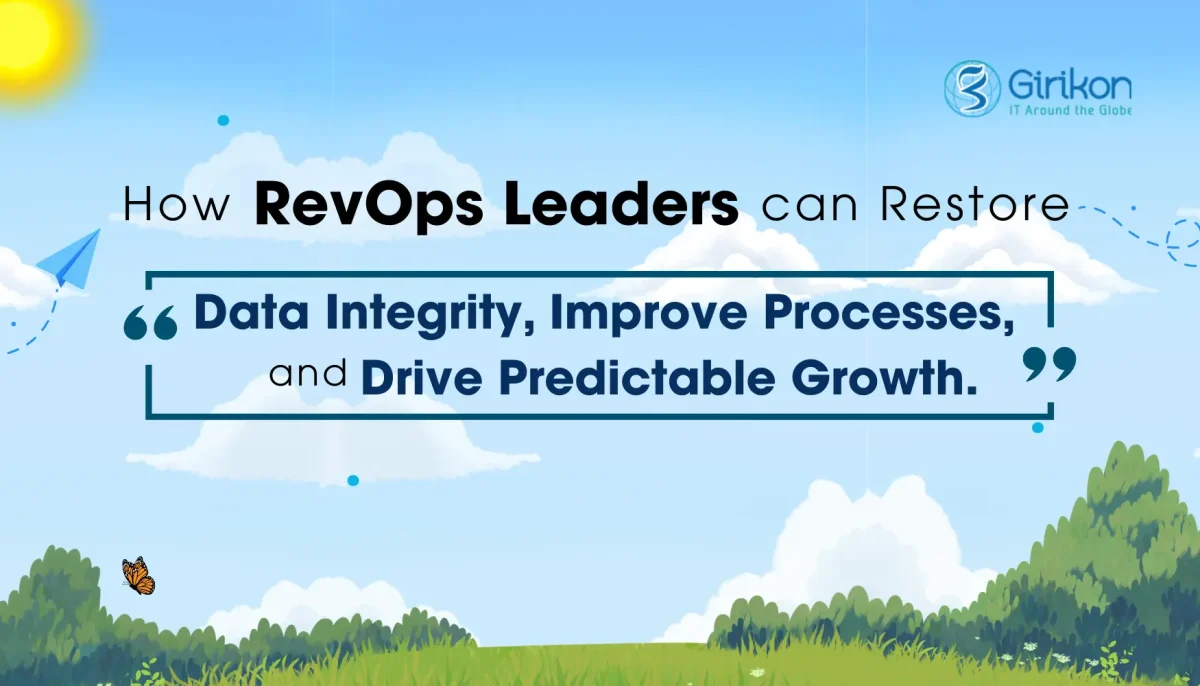Engaging with customers on the channel of their preference is key to establishing a connection with them. An intriguing statistic is that 35% of customers prefer receiving marketing communications via mobile platforms. If anything, it serves as a gentle reminder to businesses to think about utilizing SMS for business-related communications.
Many businesses currently engage in this, particularly on high-volume shopping occasions like Black Friday. However, there are plenty of additional ways to use SMS to interact with your customers all year long besides the typical peak seasons.

Let's look at a few strategies for using SMS to improve business communication throughout the year.
What is SMS in business communication?
The term 'SMS for business communication' refers to how businesses utilize text messaging to communicate with customers, convey critical information, promote products and services, and improve their overall communication.
SMS-based business communication utilizes a software program rather than a specific person to communicate with people via text. This method, referred to as application-to-person (A2P) SMS, method opens up a world of possibilities.
Consider a hotel as an example. To boost guest satisfaction, hotels could quickly text them to confirm their reservation. Alternatively, a doctor could notify a patient via SMS with pertinent information following a visit. Even though these communications are only being received by one individual, they are not from multiple people.
Bulk SMS messages are also relevant. A retailer might send out a bulk SMS message to subscribers promoting a new product or providing a time-limited coupon.
It's also important to remember that companies can communicate with customers via more than just text messages. They may also send audio files, graphics, photos, videos, and other types of multimedia via Multimedia Messaging Service (MMS) messaging.
Benefits of SMS for business communication
As we've already indicated, a significant portion of your target market will prefer SMS correspondence. Here are four more advantages of employing SMS business messaging in addition to simply keeping your customers happy:
- Messages are read almost instantly
SMS has an impressively high open rate and, even better, messages get read by most people fairly quickly.
You can send business SMS with confidence knowing that a significant portion of your subscribers will not only see your message but will see it within a few minutes of receiving it. Because SMS can reach your target demographic much faster than social media or email, it works incredibly well for time-sensitive campaigns such as flash sales.
- SMS has a wide reach
To put it simply, text messaging is available to everyone who owns a mobile phone. Consider this: SMS messaging can be used to communicate with over 7.2 billion people worldwide. SMS has an unparalleled reach!
- SMS messaging doesn’t require an internet connection
SMS is compatible with any mobile device that has a mobile network connection. That's because SMS messaging doesn't require an internet data plan, it works on mobile network technology.
While the proliferation of smartphones shows no signs of stopping, SMS allows users to receive messages on any kind of mobile phone, so you can reach a far wider audience with it than you could with internet-based approaches.
- Messages can be automated
When it comes to managing repetitive tasks, automation is invaluable, and customers can also see its value. Consider this: regular SMS communications, such as delivery notifications, order confirmations, and password verifications, can be automated. Employees can rest easy knowing they don't have to perform these mundane customer service tasks manually once solutions like these are up and running. As an added bonus, you can use SMS templates to further streamline your communications.
Ways to use SMS for business communications
Here are seven ways to get started if you're ready to start reaching out to more prospects and customers via text messaging, which is how people like to be contacted by your business.
- Marketing campaigns
SMS has an inherent limitation of 160 characters. There are two primary ways to use SMS for marketing.
- Individual texts with a clear call to action.
- A series of SMS messages that, typically over a few days or weeks, provide targeted offers or information to a particular segment of subscribers.
Whatever method you choose, the most important thing is to make it easy and convenient to respond. Usually, this means providing a web link. That page can be a special campaign page that lets you monitor the response rate with ease. It might also be an already-existing page, such as a category or product page.
Effective SMS marketing strategies cover the following:
- Promote flash sales
- Launch new products
- Revive older products that have been improved upon or updated.
- Run time-limited promotions
- Offer loyalty members exclusive deals; target certain subscriber categories with offers
- Encourage the sharing of relevant content by including links to resources on related subjects.
- Verification
The process of verifying a user's identity or actions by text message delivery of a one-time password (OTP) or code to their mobile device is known as SMS verification. After that, the recipient logs into a website or application or authorizes a transaction using that code.
This technique, which is often referred to as two-factor authentication (TFA), helps companies in preventing account manipulation by scammers and cybercriminals.
- Customer engagement
Improved customer connections through personalized business messaging results in greater engagement and improved response rates. Your interactions can be more personalized when you have more information on your audience.
Sending personalized texts on their birthday or offering them exclusive deals based on their previous purchases is possible with SMS. For instance, perhaps you would like to provide a unique discount to residents of a specific city. This demonstrates that you are aware of their needs and value their business. The messages can be made much more personalized when you integrate your CRM with your messaging app like what you can do with the GirikSMS Salesforce sms app, which can take personalization up a few notches.
This personalization strategy also works very well for marketing. You may grab customers' attention and keep them interested in your offerings by sending out highly effective messages, such as birthday offers that expire soon.
- Opt-in campaigns
Through opt-in campaigns, businesses regardless of size can use SMS for lead nurturing or generation. By allowing potential customers to interact with your business on their terms and requesting their consent to receive SMS notifications, you can be sure that they are interested in what you have to offer.
After that, you can nurture them with a consistent flow of new, valuable, informational, and helpful content, which will produce higher-quality leads.
- 2-way messaging
Research indicates that 9 out of 10 consumers want to be able to ask questions in response to texts received from businesses. Having said that, many businesses rarely use two-way interaction capabilities.
You can now instantly and individually serve each of your customers thanks to two-way messaging. This enables customers to get their questions answered quickly. And you're communicating with this person directly instead of having to call them personally.
- Transactional notifications
One of the best applications of business SMS messaging is transactional notifications; they are quick and easy to use.
Notifications via transactional SMS may include the following:
- Notifications of delivery and shipping updates
- Confirmations of purchases
- Confirmations of opt-in
- Verification of passwords
- Reminders for appointments
- Notifications for receipt of payments
- Notifications of modifications to account information or transaction data, such as an upgrade on a hotel room
Get started with SMS for business communication
As you can see, there are tons of methods for using SMS for business communication that will connect and engage more of your customers in ways that suit your specific needs as well as theirs. It's a genuine benefit that can make your business stand out from the competition.
Selecting a text message service provider is the first step to launching SMS business messaging. With so many options available, it's critical to consider eight essential factors to ensure you're making the best choice:
Ease of integration.
To facilitate seamless integration with your other apps and systems, you should have access to a wide range of APIs.Security and compliance.
In addition to having cyberattack defense and response strategies and backup systems, your provider should also be accountable for keeping you secure and in compliance with local regulations.Delivery performance.
It's critical to locate an SMS provider with a track record of excellence and an engine that is tuned for minimal latency and high delivery rates.Power to scale.
Look for a supplier who can adapt and grow with you.Two-way messaging.
When you want it, your messaging platform should deliver it for you.Sender ID availability.
You want to be able to use this feature since it helps the recipient identify you and increases your credibility as a sender and brand.Reporting and analytics.
For consistent and effective SMS marketing, real-time, comprehensive, and easily accessible KPIs are a must.Global expertise and customer support.
Look for a provider with worldwide connectivity.Although SMS business messaging works well, you'll be most successful if you combine it with a more holistic omnichannel strategy for customer engagement.
Have questions about conversational messaging for business? Contact us today for a free 30-day trial of GirikSMS, the 100% native Salesforce Texting App for business.

 +1-480-241-8198
+1-480-241-8198 +44-7428758945
+44-7428758945 +61-1300-332-888
+61-1300-332-888 +91 9811400594
+91 9811400594



















